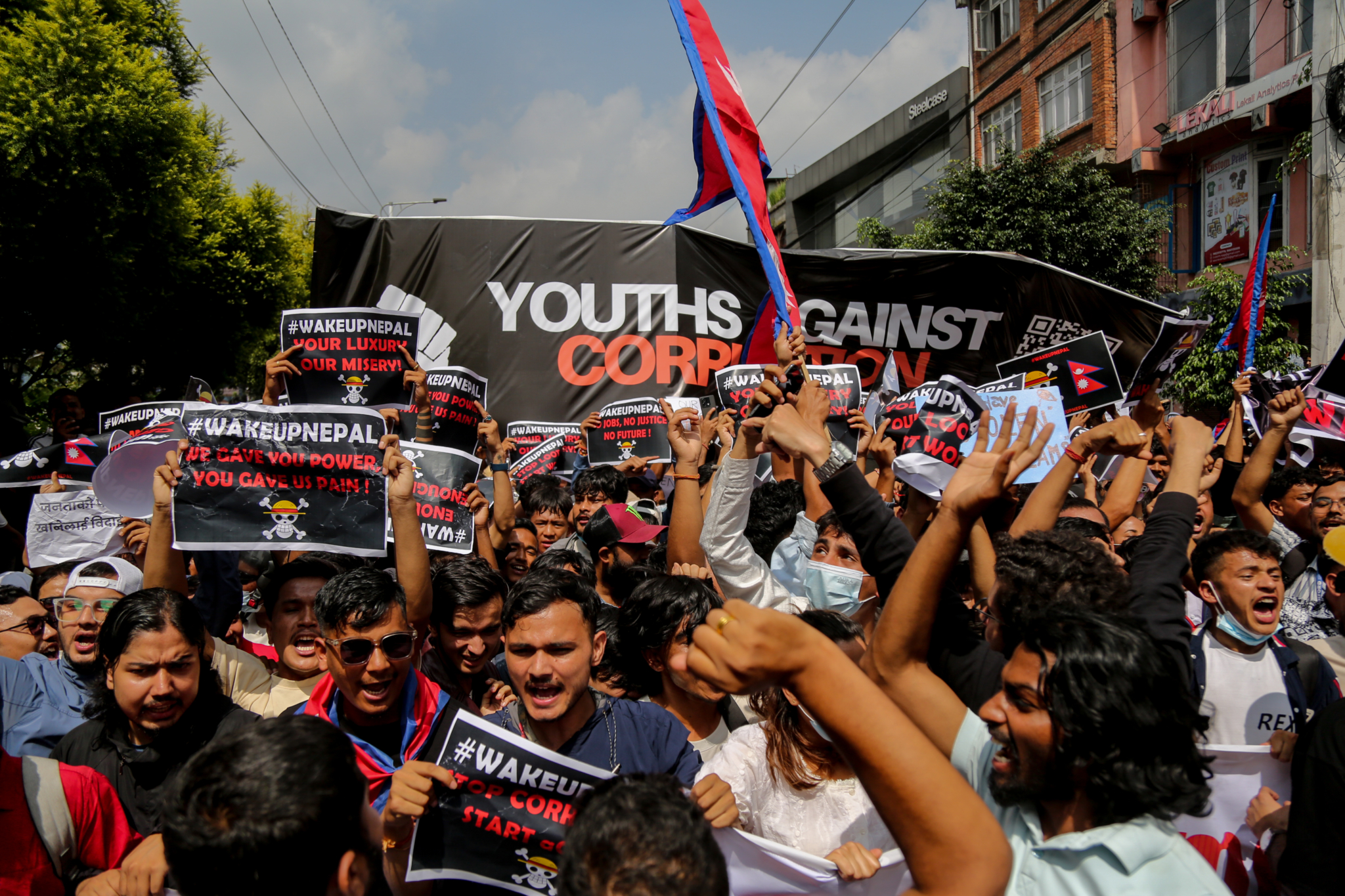Nepalese Gen Z Protests Lead to Government Resignations
Massive youth-led protests in Nepal, sparked by social media bans and corruption scandals, forced Prime Minister K. P. Sharma Oli and several ministers to resign and flee the country on September 9, 2025.

Widespread protests led by Generation Z erupted across Nepal in early September 2025, culminating in the resignation and flight of Prime Minister K. P. Sharma Oli and numerous government ministers on September 9. The demonstrations began after the government imposed a sweeping ban on 26 social media platforms, including Facebook, X, YouTube, and Snapchat, citing non-compliance with new registration rules. However, the underlying causes ran deeper, with public outrage fueled by allegations of corruption, nepotism, and conspicuous displays of wealth by political elites and their families, especially as the average Nepali struggled with low incomes and high youth unemployment.
The protests quickly escalated from peaceful gatherings to violent confrontations. Security forces responded with lethal force, resulting in at least 19 deaths and hundreds of injuries, most among young demonstrators. Protesters targeted government buildings, political party offices, and the Parliament in Kathmandu, setting several ablaze. Attacks on politicians' homes and police stations were reported, and the international airport was shut down as the unrest spread nationwide.
Roots of the Uprising
The government's decision to ban social media platforms was widely seen as an attempt to stifle dissent, especially after online trends exposed the privileges enjoyed by the children of influential leaders. With Nepal's median age at 25 and a significant portion of the population active online, the ban hit young people particularly hard. Critics argue that the move was a reaction to mounting frustration over economic stagnation, lack of job opportunities, and the dominance of political families in public life. Nepal's reliance on remittances and the absence of robust domestic employment further fueled the anger among youth, who felt excluded from meaningful participation in the country's future.
Political Fallout and International Response
Prime Minister Oli was evacuated from his official residence by helicopter before announcing his resignation. Several federal and provincial ministers, as well as members of parliament, also stepped down in protest at the government's handling of the crisis. The United Nations condemned the excessive use of force and called for restraint and dialogue, emphasizing the need to address the root causes of the unrest and listen to the demands of young Nepalis. UN human rights chief Volker Türk stated, "Violence is not the answer," and urged both security forces and demonstrators to de-escalate the situation.
The events have raised pressing questions about the future of Nepal's democracy and development model. The Gen Z-led uprising has exposed deep-seated frustrations with governance, economic opportunity, and social justice, signaling a demand for systemic change. As the country faces political uncertainty, the international community has offered support for dialogue and trust-building measures to restore stability and address the grievances that drove the protests.